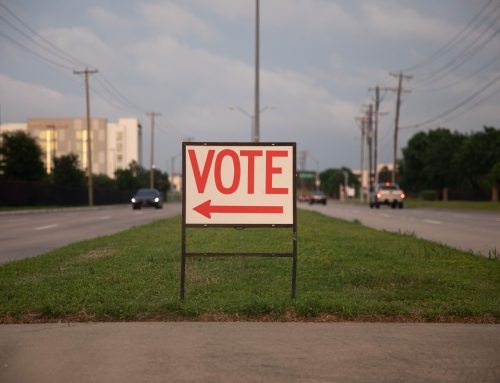Cliches get to become cliches because under their shopworn exterior they contain a nugget of wisdom. One such overused expression with a kernel of truth at its core is to describe something as being “penny-wise and pound-foolish,” in other words, to think you’re saving money by pinching pennies when in reality you’re losing sight of the value of investing in your future.
Okay, so that’s stating the obvious, and when you apply this time-worn expression to public policy, you can make a strong case that it’s something that government at all levels does all the time. Making the situation even worse is that the “solution” most often arrived at is to pay for part of one program or need, usually after there’s already a crisis condition, by gutting a program or department somewhere else – ” robbing Peter to pay Paul,” to use another old saying.
It seems that we’re always in some kind of budgetary fix in Dallas along the lines described above. While, fortunately, we haven’t experienced the kind of apocalyptic kind of fiscal meltdown a few other big cities have in the last couple of decades, every City budget season we seem to go through the same elaborately choreographed pirouettes and pas-de-deux before the budget is adopted.
You know the drill by now – and the prediction here is it will be the same next year: City Manager says we have less revenue than projected. Chagrin ensues on Council. Police unions say they’re underpaid (which, by the way, they are). Arts community, housing advocates, library and parks supporters, etc. say: Hey, wait a minute, we’re under funded, too. Citizens say, “Cut the fat!” – we want everything fixed and more and better services, but don’t you dare raise taxes. Negotiation and teeth-gnashing follows, concluded by adoption of a no-tax-increase budget that doesn’t fully satisfy anyone.
Maybe we need a little bit newer paradigm. A few weeks ago, for example, it came out that Dallas spends anywhere from one half to one third as much on its park system as many other big cities such as Minneapolis or Portland. Here’s a clue – it’s unlikely to be purely coincidental that those cities are almost universally considered to be attractive, desirable places to live and work with a very high quality of life.
The same thing can be said about other public institutions and “amenities,” like the Zoo and the Aquarium, both reported to be in some danger of losing their accreditation; the library system, just now catching up somewhat after years on a crash diet; and arts funding and facilities, which, while the Council restored $590,000 for the Office of Cultural Affairs thanks largely to East Dallas Council member Veletta Lill, could certainly use more funding in comparison to other cities.
Bond money, if approved, is typically used for part of the cost of larger facilities, and private funding is often touted as the answer for the rest, which is great, although we might end up with something like the Ernest and Julio Gallo Opera House.
These all sound like frills – and compared to police and fire protection, pothole filling and garbage pickup – maybe in some sense they are. But they’re also extremely important, in the long run if not so visibly in the short run, in drawing visitors and businesses with money to spend to Dallas and in improving the quality of life for those of us who are already here.
Trying to put a little more money into those areas starting next budget cycle would be a good investment in the future, especially if we started now to educate the public as to their value.





